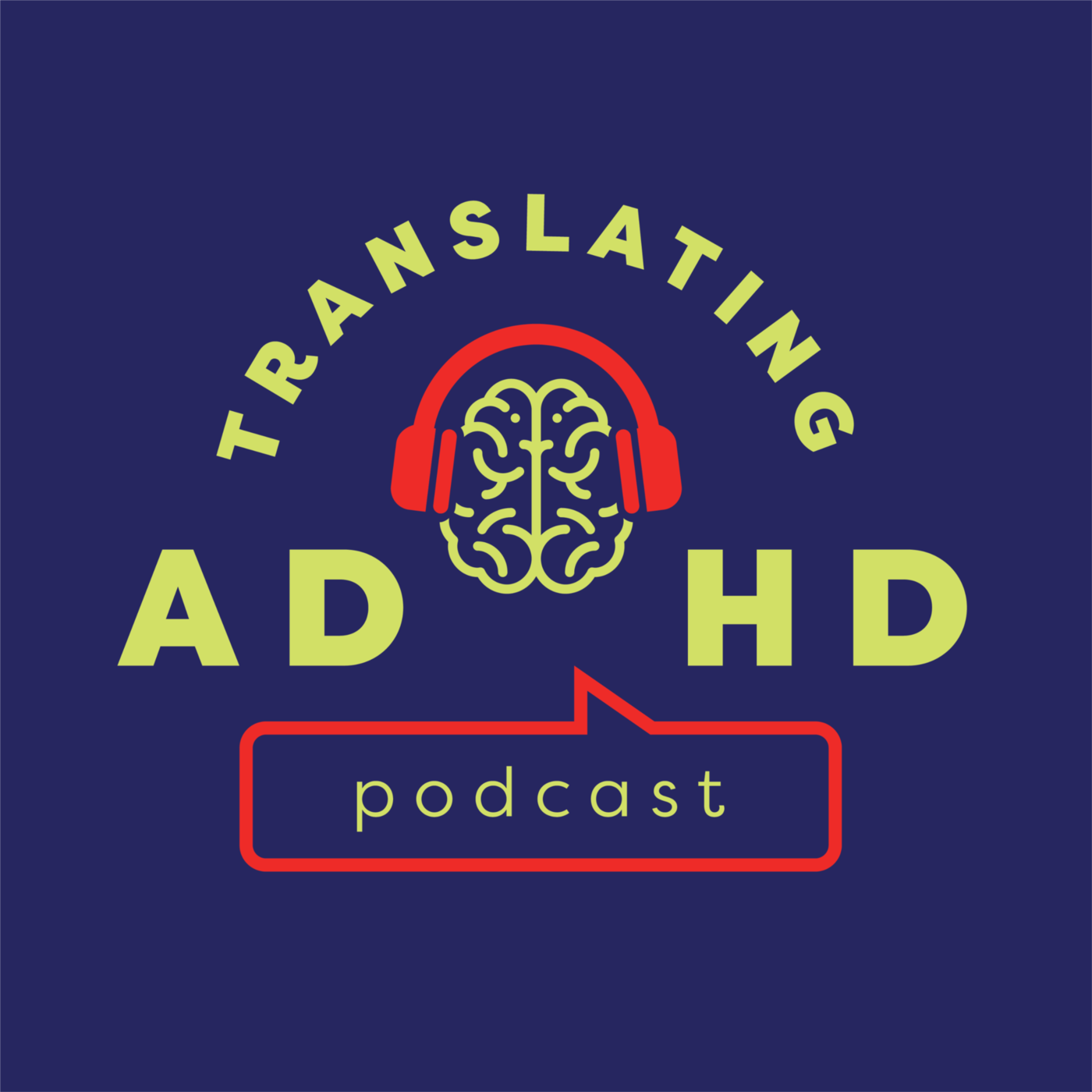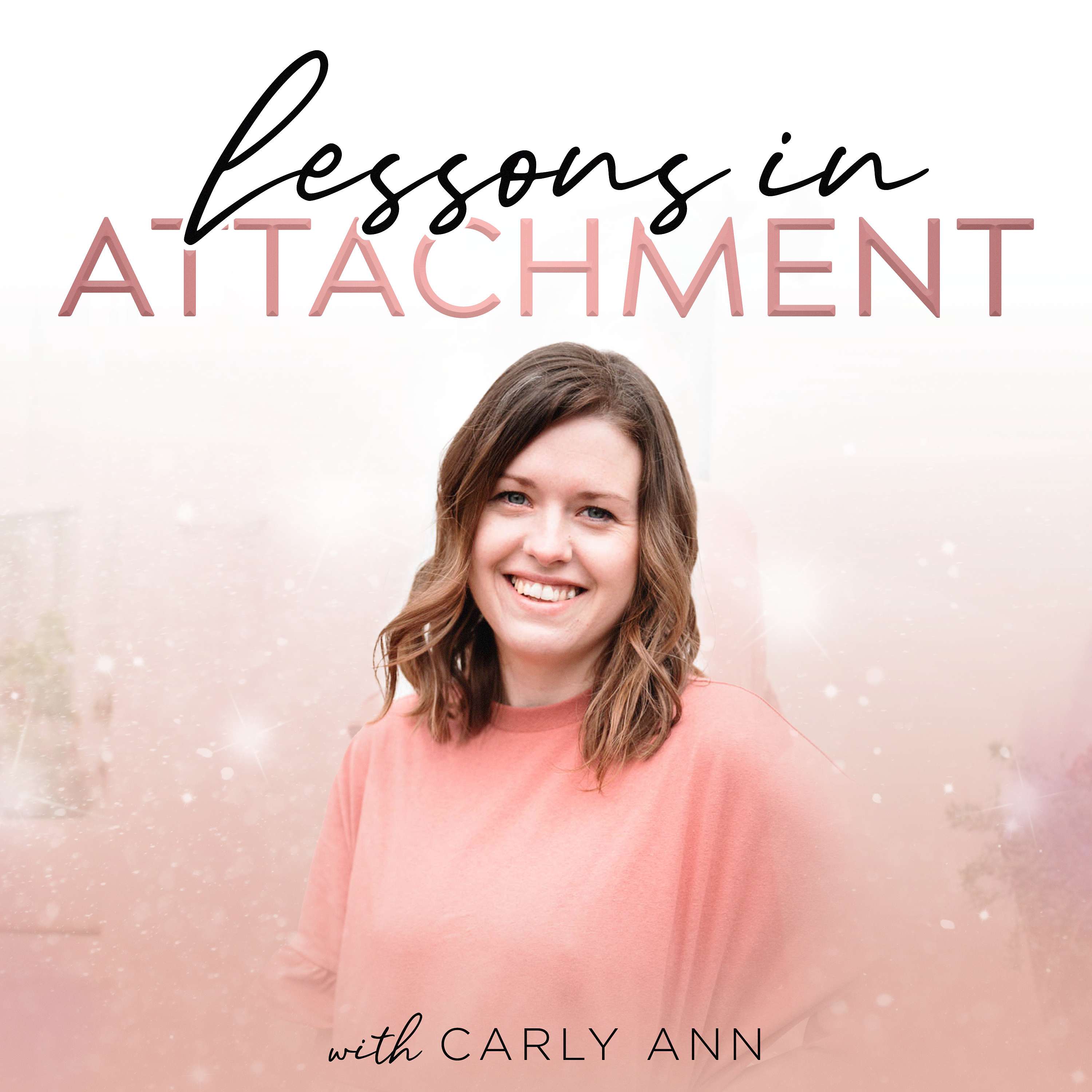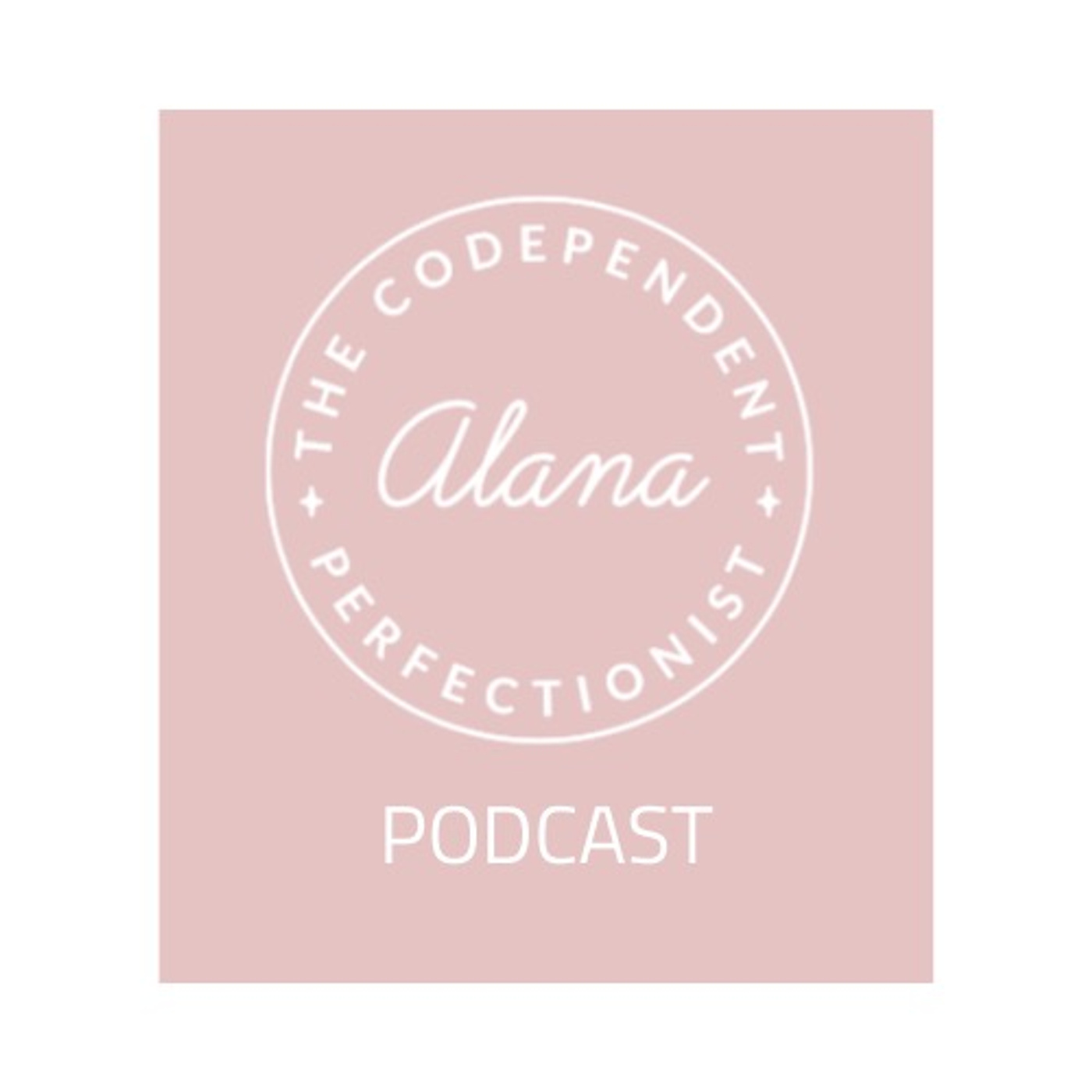
Hidden in Plain Sight - ADHD, ASD, and OCD - The Often Missed Diagnoses Driving Overthinking, People Pleasing, Perfectionism, Self-Doubt, and Burnout
You’re overwhelmed and tired, mentally, emotionally, maybe even physically. You overthink everything, feel like you're never doing enough, and constantly worry about what others think of you. You're stuck in cycles of procrastination, perfectionism, or people-pleasing. Social situations can feel draining, and even rest doesn’t feel restful.
You’re the one who holds it together. You care deeply and try so hard to be good and helpful, while quietly unraveling inside. You get things done, but you never feel done. You never feel rested. You never feel right.
You find yourself endlessly doom-scrolling, withdrawing from others into books or your phone, and struggling to feel motivated. If this sounds familiar and nothing seems to be helping, you’re not alone. You’ve just been hidden in plain sight.
Hidden in Plain Sight is a podcast for people-pleasing, perfectionistic, over-giving women who can't seem to find relief. Hosted by psychologist Dr. Lauren Schaefer, this show explores the hidden diagnoses behind lifelong anxiety, depression, self-doubt, shame, and burnout among women whose symptoms have been written off as "just anxiety and/or depression." This is a podcast for deep-feeling, overthinking women who’ve been called too sensitive, too anxious, too intense, or too much, when really, they’ve just been misunderstood.
We’ll talk about the perfectionism you've developed to hide your ADHD; the obsessive-compulsive personality traits, driven by anxiety, to overcompensate for neurodivergent executive dysfunction; your ability to camouflage in relationships and not knowing who you are outside of your relationships due to years of people-pleasing and masking. We'll explore how emotional intelligence, people pleasing, and hypervigilant masking can hide neurodivergent wiring, leading to late diagnosis and poor self-image.
Here you’ll find language for your exhaustion, compassion for your coping, and a mirror that finally reflects the truth: You were never too much. You were just unseen. This is a place to unmask, unravel, and understand the real reasons it’s always felt harder than it looked.
Hidden in Plain Sight - ADHD, ASD, and OCD - The Often Missed Diagnoses Driving Overthinking, People Pleasing, Perfectionism, Self-Doubt, and Burnout
Healing After Betrayal: Learning to Feel Your Feelings With Self-Compassion
Welcome back to the Hidden in Plain Sight Podcast.
TLDR Summary
This episode is an invitation to pause those harsh inner narratives and discover another way forward in feeling your emotions: self-compassion. Together, we’ll explore how to access your feelings safely, speak to yourself with gentleness, and remind the hurting parts of you that they are not alone, or unworthy.
Betrayal
If you’re listening today, I imagine you’ve been through betrayal: maybe by a partner, a friend, a family member, or even a system you thought you could trust. When that happens, it shakes the ground beneath you. It’s not just about what someone did, it’s about the rupture in safety, in belonging, in your sense of worth.
Betrayal leaves an ache that lingers long after the moment it happens. For highly sensitive people, the impact can feel especially sharp, echoing through the body, emotions, and even self-worth. It’s not only about what someone else did, but also about the stories we begin telling ourselves in the aftermath: stories of blame, shame, or not being “enough.”
You might hear an inner voice that says, “How could I not see this coming? Why wasn’t I enough? What’s wrong with me that they treated me this way?”
Those voices are painful, but they’re also trying to protect you. They think that if you blame yourself, maybe you can prevent future pain. But self-blame keeps you locked in a cycle of suffering, long after the betrayal itself. So how do we begin to soften those harsh inner voices? This is where self-compassion comes in.
Learning Self-Compassion
Self-compassion isn’t saying, “It’s fine, I’ll just let in this go.” It’s saying, “This hurts, and I deserve kindness while I’m hurting.” It involves three simple moves:
- Mindfulness: Naming what you feel. “This is pain. This is betrayal. This is grief.”
- Common humanity: Reminding yourself, “I am not the only one. Others have walked this same road and survived.”
- Self-kindness: Offering to yourself the tone you would use with someone you love.
Accessing Your Feelings
Sometimes betrayal leaves us numb, cut off from our feelings. If that’s you, try this: instead of asking “What am I feeling?” start with “Where do I feel it in my body?” Maybe it’s a tightness in your chest, a sinking in your stomach, or a heaviness in your shoulders.
Let that body signal be your doorway. Place your attention there. Say: “This is my grief. This is my anger. This is my hurt.”
Take a slow breath. Let yourself notice, “I am hurting right now.”
Say silently or aloud: “Of course I feel this. Anyone would feel this if they’d been betrayed. May I treat myself with gentleness right now.”
If you notice resistance, that’s normal. Self-compassion takes practice. For many of us, it feels foreign at first. You don’t have to force it. Even the act of trying is enough.
Self-compassion doesn’t erase betrayal, but it prevents betrayal from erasing you.
Every time you pause to notice your feelings and respond with gentleness (not avoidance), you reclaim a little piece of yourself.
Take this with you today:
- Being hurt by someone else’s choices does not mean you are unworthy, unlovable, or naïve.
- It means you are human, and you loved or trusted deeply enough to risk being hurt: that’s bravery!
- Betrayal is not evidence that you’re broken.
- Your sensitivity is not a flaw, it’s the reason you feel deeply.
Thank you for being here, for listening, and for letting me share this space with you.
Recommendations, Feedback, Comments? I’d love to hear from you!
With Care,
Dr. Lauren Schaefer - Hidden in Plain Sight Podcast
Podcasts we love
Check out these other fine podcasts recommended by us, not an algorithm.

Highly Sensitive Humans Podcast
Jules De VittoAdult ADHD ADD Tips and Support
Michael Joseph Ferguson
ADHD Wise Squirrels for late-diagnosed adults with ADHD.
WiseSquirrels.com
Translating ADHD
Asher Collins and Dusty Chipura
The Anxious Achiever
Morra Aarons-Mele
Lessons in (Anxious) Attachment
Carly Ann
The Overwhelmed Brain
Paul Colaianni: Relationship and Emotional Abuse Expert
Your Anxiety Toolkit - Practical Skills for Anxiety, Panic & Depression
Kimberley Quinlan, LMFT | Anxiety & OCD Specialist
Reframing Neurodiversity - ADHD Support For Women
Melissa Jackson

